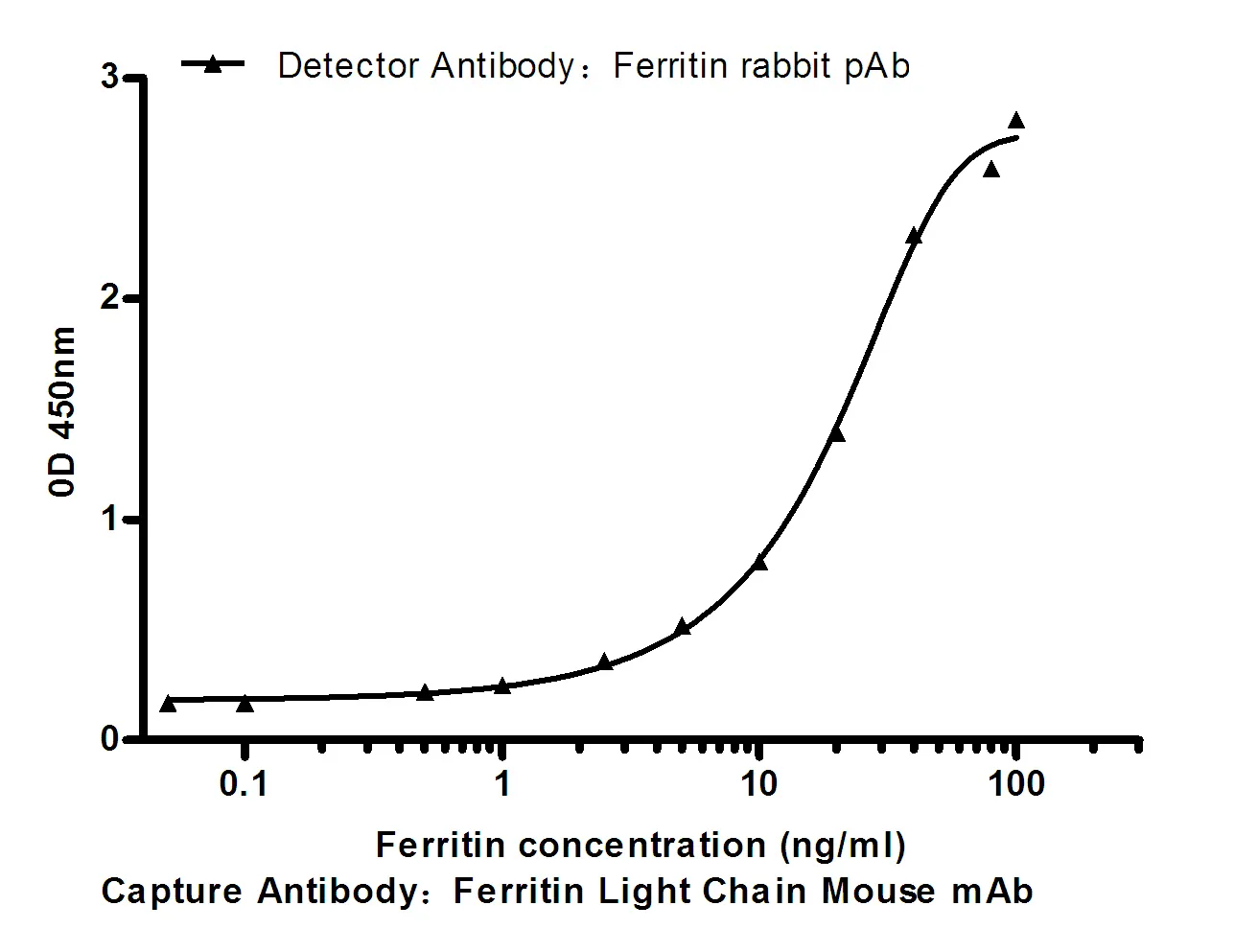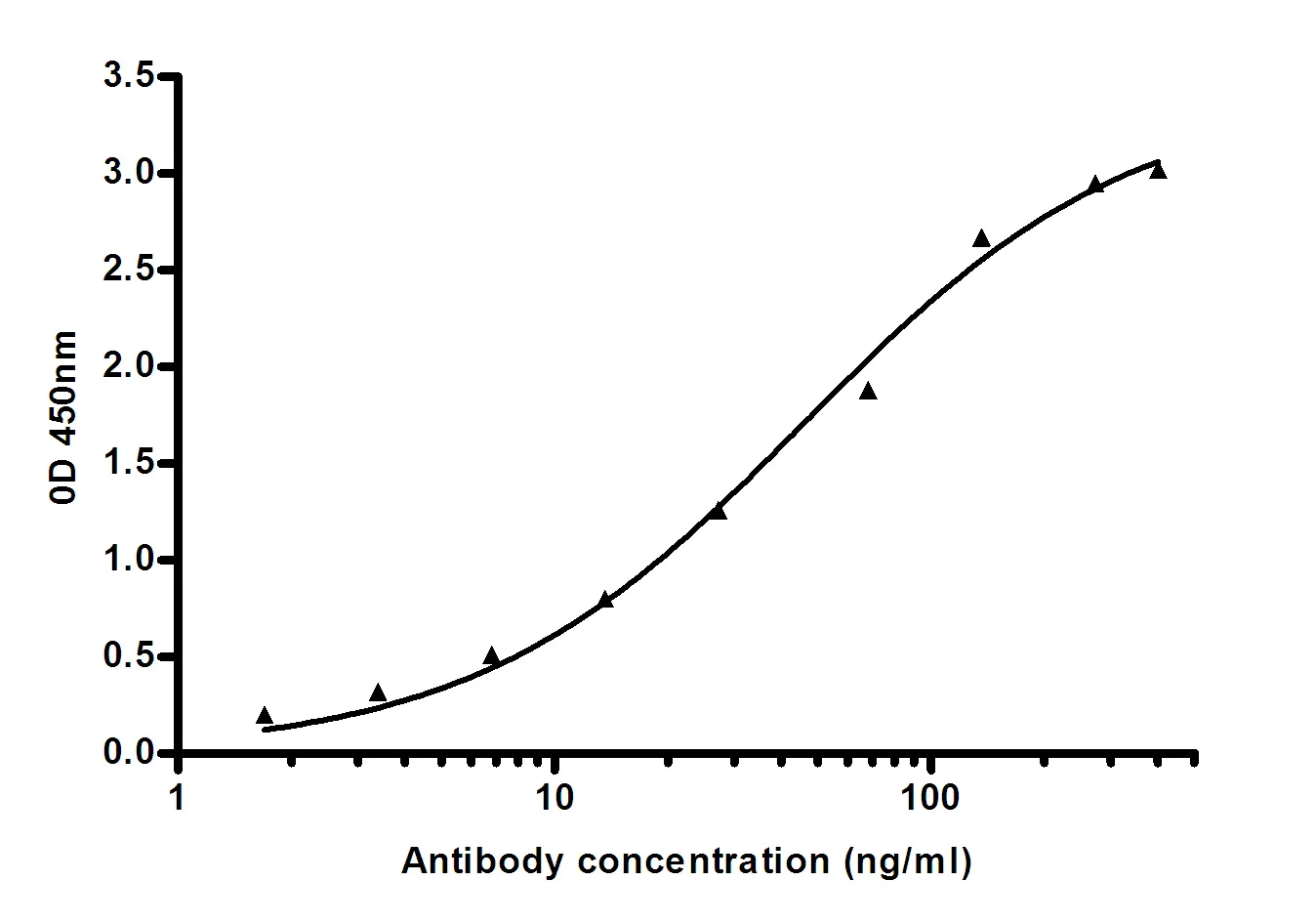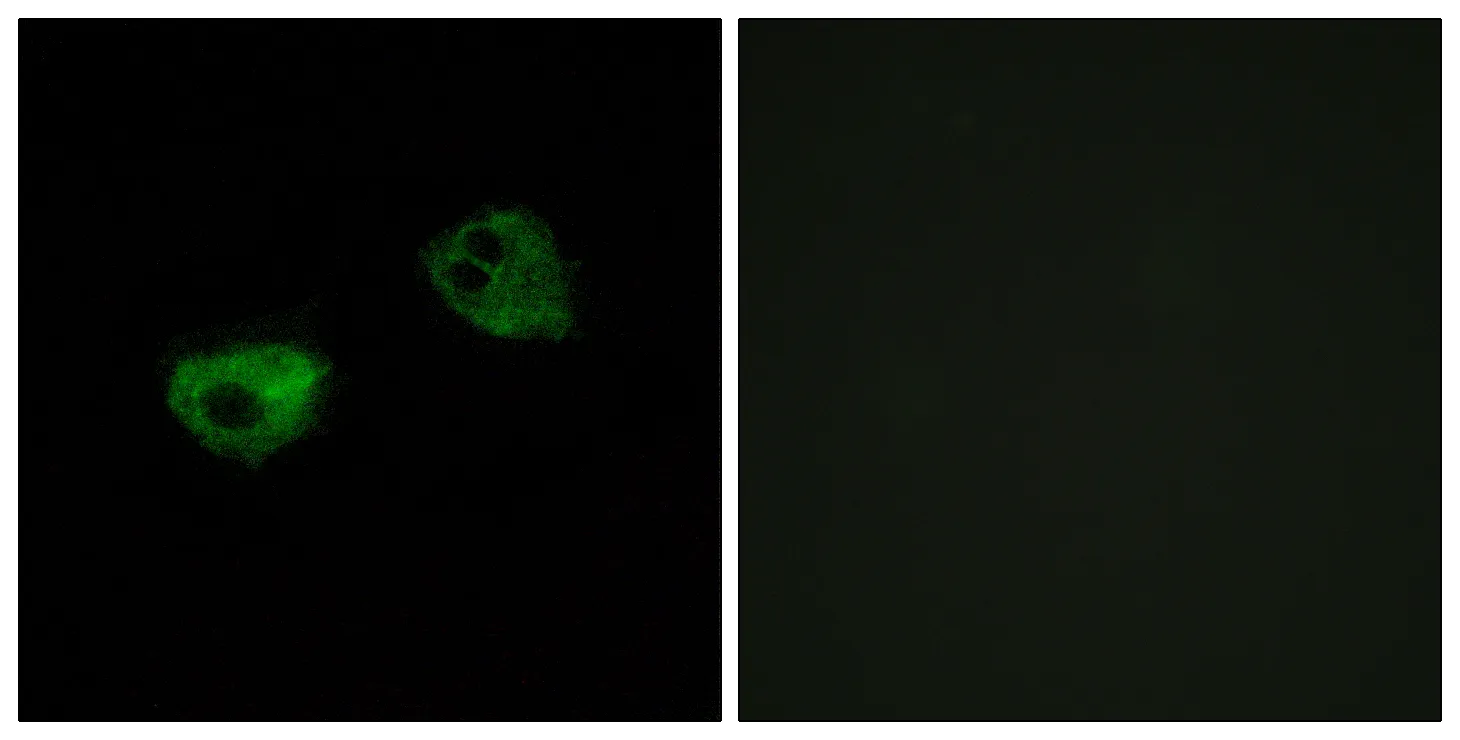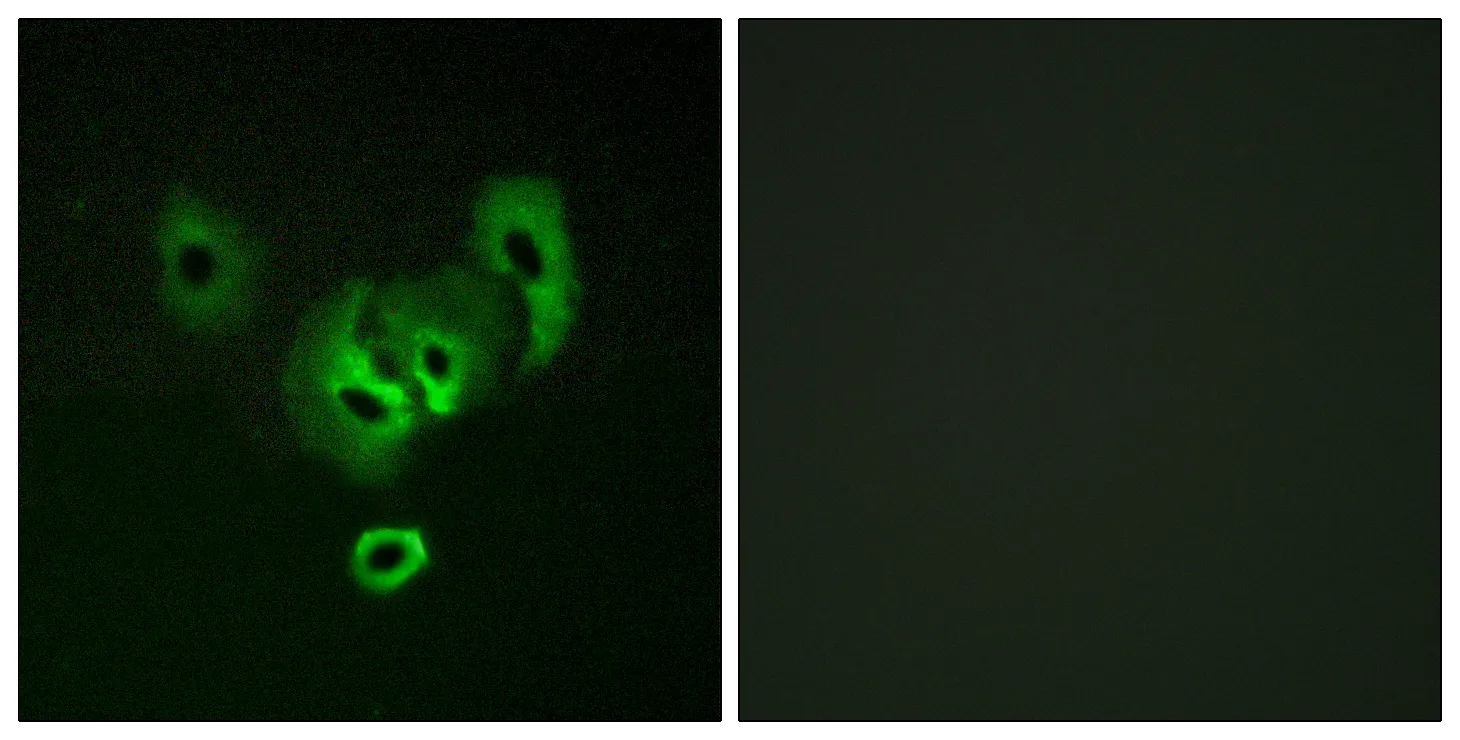Summary
Performance
Immunogen
Application
Background
The protein encoded by this gene is a transcriptional repressor capable of binding an E-box element either as a homodimer or as a heterodimer with E2A in vitro. The encoded protein also forms heterodimers with E2A proteins in vivo. This protein is capable of inhibiting the transactivation capability of E47, an E2A protein, in mammalian cells. This gene is a downstream target of the B-cell receptor signal transduction pathway. [provided by RefSeq, Jul 2008],function:Transcription repressor capable of inhibiting the transactivation capability of TCF3/E47. May play a role in regulating antigen-dependent B-cell differentiation.,similarity:Contains 1 basic helix-loop-helix (bHLH) domain.,subunit:Efficient DNA binding requires dimerization with another bHLH protein. Binds DNA as a homodimer or a heterodimer. Forms a heterodimer with TCF3.,tissue specificity:Expressed in lymphoid tissues, B-cell lines and activated B-cells.,
Research Area






